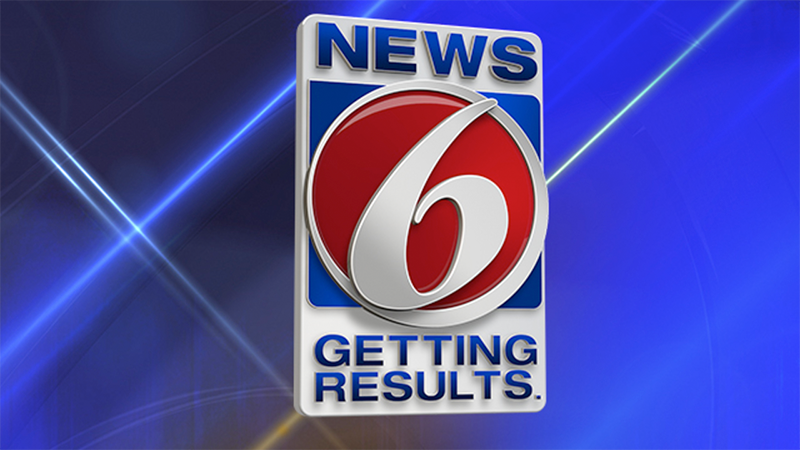TALLAHASSEE, Fla. – Preparing for changes approved by lawmakers, the state university system’s Board of Governors on Wednesday adopted regulations about athlete compensation and student disciplinary proceedings.
Gov. Ron DeSantis last year signed a measure that will permit student athletes to profit from their names, images and likenesses. The regulations approved Wednesday will help carry out the law, which will take effect July 1.
Recommended Videos
Under the regulations, athletes will be able to hire agents and will be required to disclose to the universities any contracts for compensation. The law will require universities to provide a “financial literacy and life skills workshop” for athletes.
[TRENDING: No tuna DNA in Subway sandwich? | Video shows machete attack | Here’s when to see last supermoon of 2021]
“Grant-in-aid to student-athletes cannot be revoked or reduced as a result of the student-athlete earning compensation or obtaining professional representation” under the law, information published on the Board of Governors’ website said.
The National Collegiate Athletic Association, the main governing body for college sports, hasn’t ruled on whether college athletes can profit from the use of their names and images. But Florida, California and other states have moved forward with the issue and crafted their own rules.
Florida State University, for example, has started educating its athletes on the new law. Athletic Director David Coburn last week highlighted the recent launch of the university’s “Apex” program, which is billed as a “comprehensive, multi-tiered program designed to empower student-athletes to capitalize” on their upcoming ability to get compensated.
“The ones who, frankly, have the biggest question marks are our foreign student athletes. The visas that they’re on do not permit them to earn income while they’re in the country,” Coburn said during a meeting of the university’s trustees. “So they’re kind of going to be in limbo in terms of (names, images and likeness) until that’s resolved at the national level.”
The Board of Governors also on Wednesday formally changed rules about the student-disciplinary process.
Under a bill (HB 233) that Gov. Ron DeSantis signed Tuesday, each state college and university will be required to adopt a student code of conduct that provides “due process protections” for students accused of misconduct.
The Board of Governors already has a framework for handling allegations of misconduct at universities, General Counsel Vikki Shirley said.
“What our regulation does is, it sets out the processes and procedure for students to follow, for the university to follow, whenever a student’s been charged with academic or behavioral misconduct,” Shirley told the board.
However, she added the new law, which was passed during this year’s legislative session, introduces some “tweaks” to what’s already on the books.
Among the changes is an increase from five to seven business days in the time from the receipt of a students’ written notice of charges to the disciplinary proceedings.
The updated regulations also will allow students to review any information that the university has related to the allegations five business days before hearings, an increase from three. It also provides for students to be represented by advocates or legal representatives during hearings.
Tim Cerio, an attorney who is a member of the board, pointed to what he described as a “disturbing trend” of universities imposing “preliminary discipline” while they are in the midst of investigations.
“Equity and fairness in the student conduct process is something that the Legislature cares very much about, many of us on this board care very much about it. And obviously this is a reflection of that,” Cerio said.
As another outgrowth of this year’s legislative session, the Board of Governors has begun implementing a plan to provide “buy-one-get-one-free” upper-level courses to students pursuing degrees in fields such as science, math and engineering.
The tuition waiver was approved by lawmakers as part of a wide-ranging higher education bill (HB 1261) that is designed to shield colleges and universities from coronavirus-related lawsuits.
The board on Wednesday approved a list of eight programs of “strategic emphasis” that the tuition waivers will apply to. Those programs are computer and information sciences; information technology; civil engineering; computer engineering; electrical engineering; mechanical engineering; biology and mathematics.
To be eligible, students must be Florida residents and have at least 60 credit hours toward baccalaureate degrees within two years of enrolling at their universities.
The bill had not formally been sent to DeSantis as of Wednesday afternoon.
